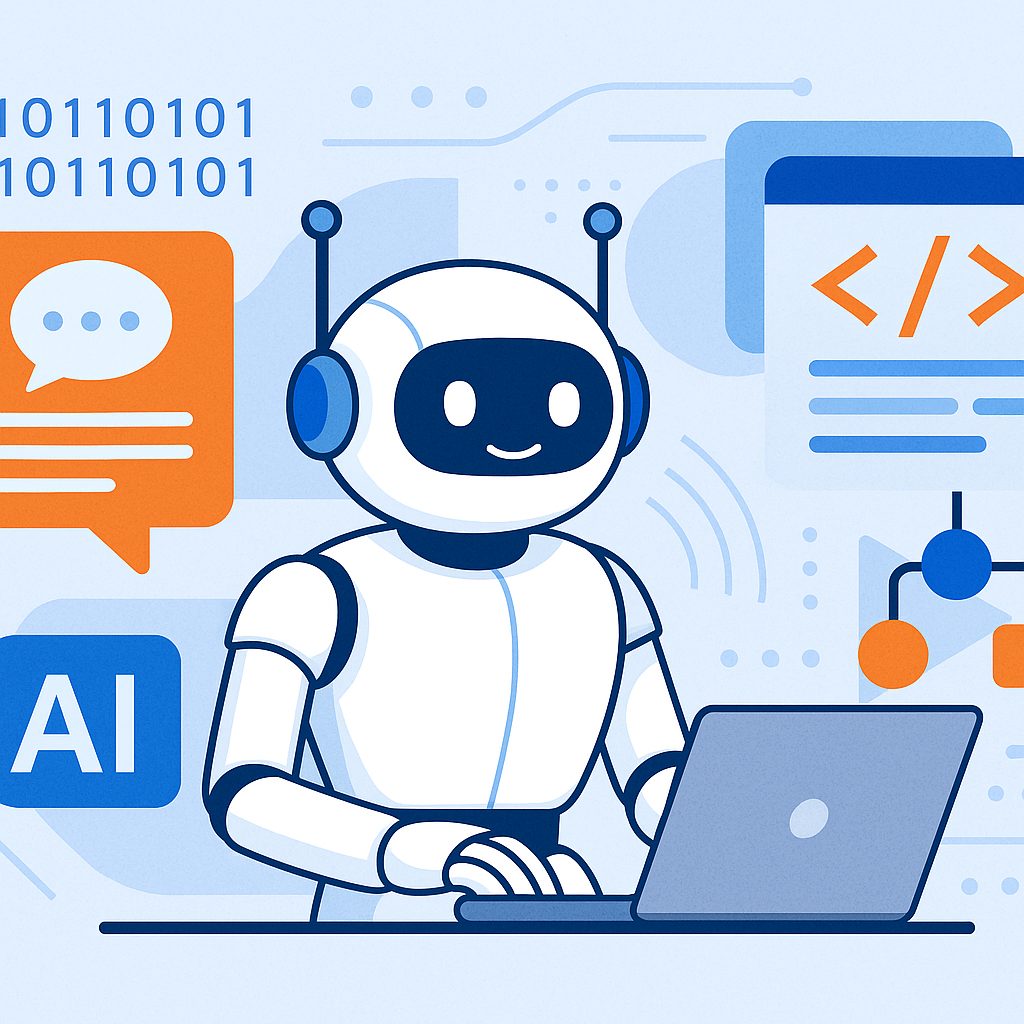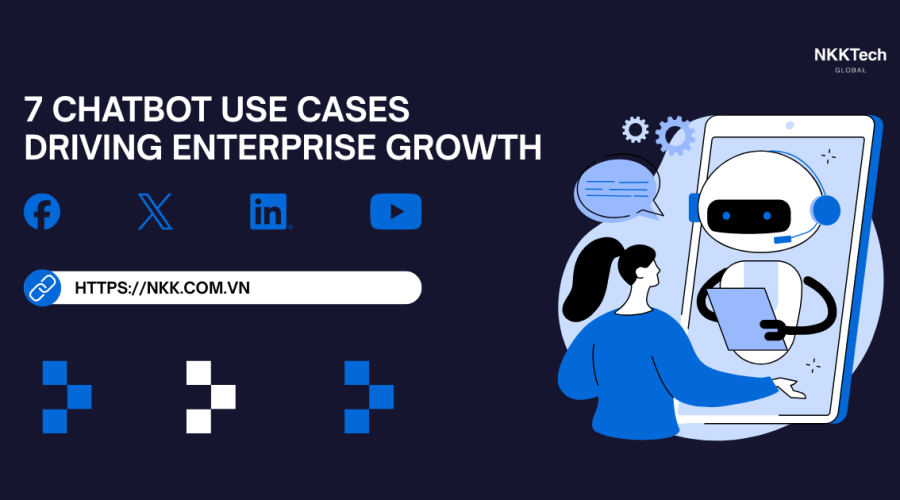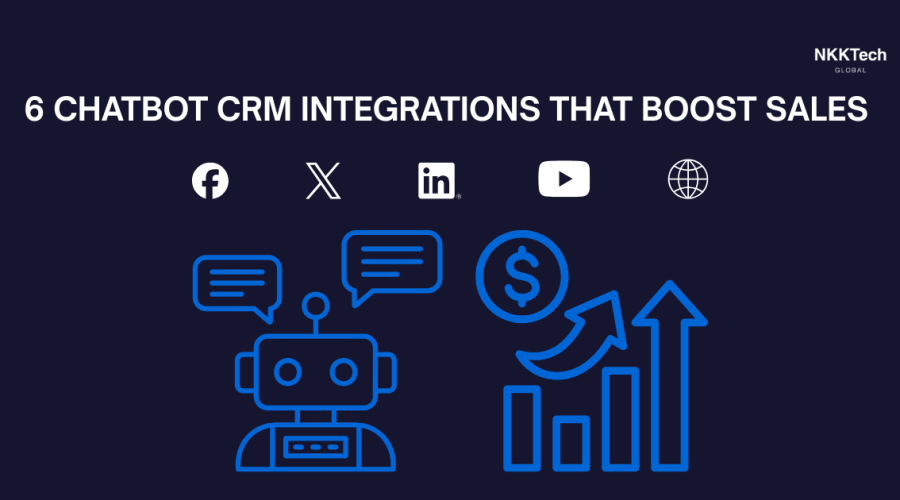Table of Contents
- Overview of AI chatbots
- Opportunities brought by AI chatbots
- Challenges in AI chatbot implementation
- Effective AI chatbot strategies
- Conclusion & Contact
Overview of AI chatbots
AI chatbots are revolutionizing the way businesses and organizations interact with customers. Over the past decade, rapid advances in artificial intelligence have transformed chatbots into intelligent, flexible, and highly personalized virtual assistants.
Powered by natural language processing and deep learning, AI chatbots streamline response times and automate issue resolution, elevating user experience beyond traditional support systems. Reports show a steady increase in chatbot adoption worldwide, with exciting prospects for future growth.
Opportunities brought by AI chatbots
- Superior customer experience: AI chatbots deliver instant, 24/7 responses, improving satisfaction and brand engagement.
- Operational cost savings: Automating repetitive tasks, they reduce the need for large customer support teams.
- Real-time analytics: AI chatbots collect and analyze user interactions, enabling smarter marketing and business decisions.
Additionally, AI chatbots unlock innovation in sectors like education, banking, and healthcare. Many businesses, including those in Vietnam, have started leveraging chatbots for sales, customer support, and automated marketing.
For example, a leading bank uses AI chatbots to promptly answer questions and recommend financial products, significantly boosting online service engagement.
Challenges in AI chatbot implementation
Despite their many advantages, AI chatbots also face challenges. Accurately understanding complex conversational context remains difficult. Incomplete or “dirty” training data can lead to incorrect or biased responses.
Additionally, privacy concerns, data security, and issues with integrating chatbots into existing systems add technical complexity for organizations.
- Language and cultural barriers when scaling globally
- High upfront investment for advanced, high-quality AI solutions
Effective AI chatbot strategies
To fully realize the benefits of AI chatbots, businesses need a clear strategy. Begin by defining the chatbot’s primary objective: customer service, sales support, or specialized consultation. Next, develop conversation flows tailored to real user needs and choose a suitable integration platform.
To optimize chatbot performance:
- Integrate with CRM systems to personalize customer journeys
- Continuously update training data for improved accuracy
- Prioritize data security and user privacy compliance
Regularly gathering customer feedback allows companies to refine their AI chatbots and improve satisfaction.
Conclusion & Contact
The future of AI chatbots holds tremendous potential in every industry, from business to daily life. To succeed, organizations must invest in strategic deployment, user-centric design, and robust security. If you’re interested in tailored AI chatbot solutions for your business, contact us at contact@nkk.com.vn or visit https://nkk.com.vn/. Explore our AI ContentHub solution at https://nkk.com.vn/vi/aicontenthub-tu-dong-hoa-noi-dung-marketing/ to automate your marketing content and boost your business growth.




